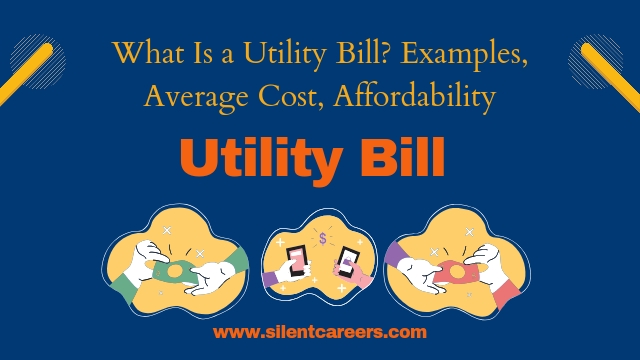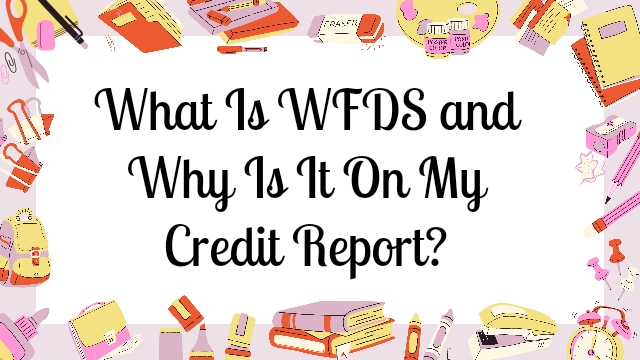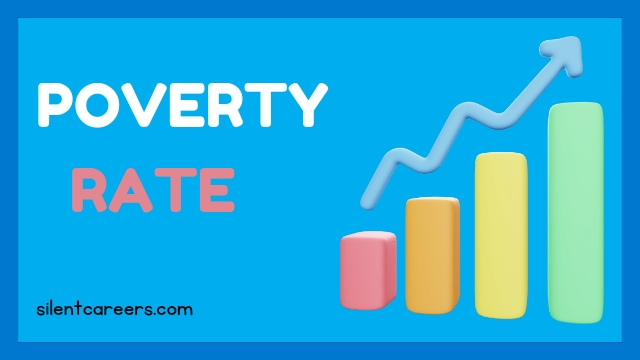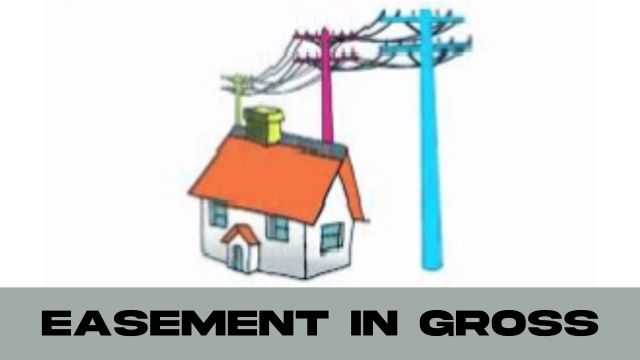

Building a solid credit history is essential for achieving financial stability and accessing better financial opportunities. Understanding how to build credit can help you qualify for loans, secure lower interest rates, and improve your overall financial health. In this guide, we’ll explore effective strategies to build and maintain good credit, including using secured credit cards, reporting rent payments, and practicing good credit habits. Whether you’re starting from scratch or looking to improve your existing credit, these tips will set you on the right path to a stronger credit score.
Importance of Credit Score
A credit score is crucial in today’s financial world. It influences your ability to get loans, credit cards, mortgages, and even affects rental applications and job prospects. A good credit score can lead to lower interest rates, saving you money over time.
Building credit involves several key actions: checking your credit report, obtaining and responsibly using a starter or secured credit card, becoming an authorized user, applying for credit-builder loans, making timely payments, and keeping credit balances low. This guide will delve into these steps in detail, providing practical advice and strategies for establishing and improving your credit score effectively.
Table of contents
- Check Your Credit
- Get a Starter or Secured Credit Card
- Become an Authorized User
- Apply for a Credit-Builder or Secured Loan
- Use a Co-Signer
- Make Payments on Time
- Keep Credit Card Balances Low
- Get Credit for the Bills You Pay
- Practice Good Credit Habits
- Monitor Your Progress
- Conclusion
- FAQs on How to Build Credit
Check Your Credit
Understanding Your Credit Report
Your credit report is a detailed record of your credit history, including accounts, payment history, and any outstanding debts. Reviewing it regularly helps you understand where you stand and identify any inaccuracies that may affect your credit score.
How to Obtain Your Credit Report for Free
You are entitled to a free credit report from each of the three major credit bureaus (Equifax, Experian, and TransUnion) annually. Visit AnnualCreditReport.com to request your reports, ensuring you have a comprehensive view of your credit history.
Get a Starter or Secured Credit Card
Differences Between Starter and Secured Credit Cards
- Starter Credit Card: Designed for individuals with little to no credit history. These cards often come with higher interest rates and lower credit limits.
- Secured Credit Card: Requires a security deposit, which typically serves as your credit limit. This card is easier to obtain for those with no credit history or poor credit.
How to Choose the Right Card for You
- Evaluate your credit history and needs.
- Compare interest rates, fees, and credit limits.
- Consider cards with features that help build credit, such as reporting to all three major credit bureaus.
Become an Authorized User
Benefits of Being an Authorized User
As an authorized user on someone else’s credit card, you can build your credit without being responsible for the payments. This allows you to benefit from the primary cardholder’s good credit habits, potentially improving your own credit score.
How to Approach Someone About Becoming an Authorized User
- Choose the Right Person: Ideally, someone with a good credit history and responsible financial behavior.
- Discuss Expectations: Make sure both parties understand the responsibilities and benefits.
- Formalize the Agreement: Some credit cards require written consent from the primary cardholder.
Apply for a Credit-Builder or Secured Loan
What is a Credit-Builder Loan?
A credit-builder loan is designed to help individuals with no credit or poor credit build a positive credit history. Unlike traditional loans, the loan amount is held in a bank account until the loan is paid off, and then it is released to the borrower.
How to Use Secured Loans to Build Credit
Secured loans require collateral, such as a savings account, which reduces the lender’s risk. By making timely payments, you can build your credit history and improve your credit score.
Use a Co-Signer
When to Consider a Co-Signer
A co-signer can help you qualify for loans or credit cards if you have limited or poor credit history. Their good credit and willingness to vouch for you can improve your chances of approval and better terms.
Responsibilities and Risks for Both Parties
The co-signer is equally responsible for the debt. If you miss a payment, it affects their credit too. It’s important to communicate clearly and ensure both parties understand the financial implications before proceeding.
Make Payments on Time
Importance of Payment History
Payment history is the most significant factor affecting your credit score. Consistently making on-time payments demonstrates reliability and can significantly boost your credit score.
Tips for Ensuring Timely Payments
- Set Up Automatic Payments: Ensure bills are paid on time without manual intervention.
- Use Payment Reminders: Utilize apps or calendar alerts to remind you of due dates.
- Create a Budget: Plan your finances to ensure you always have enough funds to cover your payments.
Keep Credit Card Balances Low
Understanding Credit Utilization
Credit utilization refers to the percentage of your credit limit that you’re using at any given time. A lower credit utilization ratio (typically below 30%) positively impacts your credit score.
Strategies for Managing Credit Card Balances
- Pay More Than the Minimum: Aim to pay off your balance in full each month to avoid interest charges and reduce your utilization rate.
- Spread Out Purchases: Use multiple cards for different purchases to keep balances low on each.
- Request a Credit Limit Increase: Higher credit limits can improve your utilization ratio, but only if your spending remains the same.
Get Credit for the Bills You Pay
Using Services to Report Rent and Utility Payments
- Rent Reporting Services: Some services, like RentTrack and Rental Kharma, report your rent payments to credit bureaus. This can help build credit if you don’t have other forms of credit.
- Utility Payments: Services like Experian Boost allow you to add utility and telecom payments to your credit report. This can include electricity, water, and phone bills.
How This Can Impact Your Credit Score
- Positive Payment History: Regular, on-time payments on these accounts can contribute positively to your credit score, showcasing your ability to manage monthly expenses responsibly.
- Credit Mix: Adding these payments can diversify your credit mix, which is beneficial for your credit score as it demonstrates your ability to manage different types of credit.
Practice Good Credit Habits
Consistency and Long-Term Planning
- Consistent Payments: Make payments on time every month. This builds a solid payment history, which is crucial for a good credit score.
- Long-Term Approach: Building good credit takes time. Keep your accounts open and active, and avoid making drastic changes, such as closing old accounts, which can reduce your average account age and negatively impact your score.
Avoiding Common Credit Mistakes
- High Balances: Avoid carrying high balances on your credit cards, as this increases your credit utilization ratio and can lower your credit score.
- Multiple Credit Applications: Limit the number of new credit applications, as multiple hard inquiries in a short period can harm your score.
- Ignoring Credit Reports: Regularly check your credit reports for errors or fraudulent activity. Correcting mistakes promptly can prevent long-term damage to your credit score.
- Minimum Payments: Try to pay more than the minimum payment on your credit cards to reduce your debt faster and minimize interest charges.
Monitor Your Progress
Tools and Apps for Credit Monitoring
- Credit Monitoring Services: Use services like Credit Karma, Experian, and TransUnion to keep track of your credit score and report. These tools often provide alerts for significant changes or potential fraud.
- Mobile Apps: Download apps from your bank or credit card issuer that offer credit monitoring features. Many of these apps provide real-time updates and insights into your credit health.
How to Interpret Changes in Your Credit Score
- Positive Changes: An increase in your score typically reflects good financial behavior, such as timely payments or reduced credit card balances.
- Negative Changes: A decrease may indicate issues like missed payments, high credit utilization, or new credit inquiries. Understanding the reasons behind these changes can help you adjust your financial habits accordingly.
- Credit Report Updates: Regularly review updates to identify any inaccuracies or unusual activities that might need to be disputed to maintain your score.
Conclusion
Recap of Key Points
- Understanding Credit: Recognize the importance and types of credit.
- Building Credit: Utilize methods like secured credit cards, authorized user status, and credit-builder loans.
- Monitoring Progress: Regularly check your credit report and use tools to track changes.
- Good Habits: Maintain on-time payments, keep credit utilization low, and avoid frequent credit inquiries.
Encouragement to Start Building Credit Today
- Take Action: Start applying these strategies now to build and maintain a strong credit history.
- Long-Term Benefits: Good credit opens up better financial opportunities and can lead to lower interest rates on loans and credit cards.
FAQs on How to Build Credit
1. What is the easiest way to start building credit?
The easiest way to start building credit is by opening a secured credit card or becoming an authorized user on someone else’s credit card.
2. How long does it take to build good credit?
Building good credit can take several months to a few years, depending on your financial behavior and credit history.
3. Can paying rent help build credit?
Yes, using services that report your rent payments to credit bureaus can help build your credit.
4. Does checking my own credit score affect it?
No, checking your own credit score is considered a soft inquiry and does not affect your credit score.
5. What is a credit-builder loan?
A credit-builder loan is a small loan that helps you build credit by making regular payments, which are reported to credit bureaus.
6. How can I improve my credit utilization ratio?
To improve your credit utilization ratio, keep your credit card balances low and pay off your debt regularly.
7. Is it bad to close old credit accounts?
Yes, closing old credit accounts can lower your average account age and reduce your credit score.
8. What should I do if I find an error on my credit report?
If you find an error on your credit report, you should dispute it with the credit bureau to have it corrected.
9. Can I build credit without a credit card?
Yes, you can build credit without a credit card by using methods like credit-builder loans, rent reporting services, and becoming an authorized user on another person’s card.
10. How often should I check my credit report?
You should check your credit report at least once a year to monitor for errors and track your progress in building credit.









I don’t think the title of your article matches the content lol. Just kidding, mainly because I had some doubts after reading the article. https://accounts.binance.com/zh-TC/register?ref=VDVEQ78S